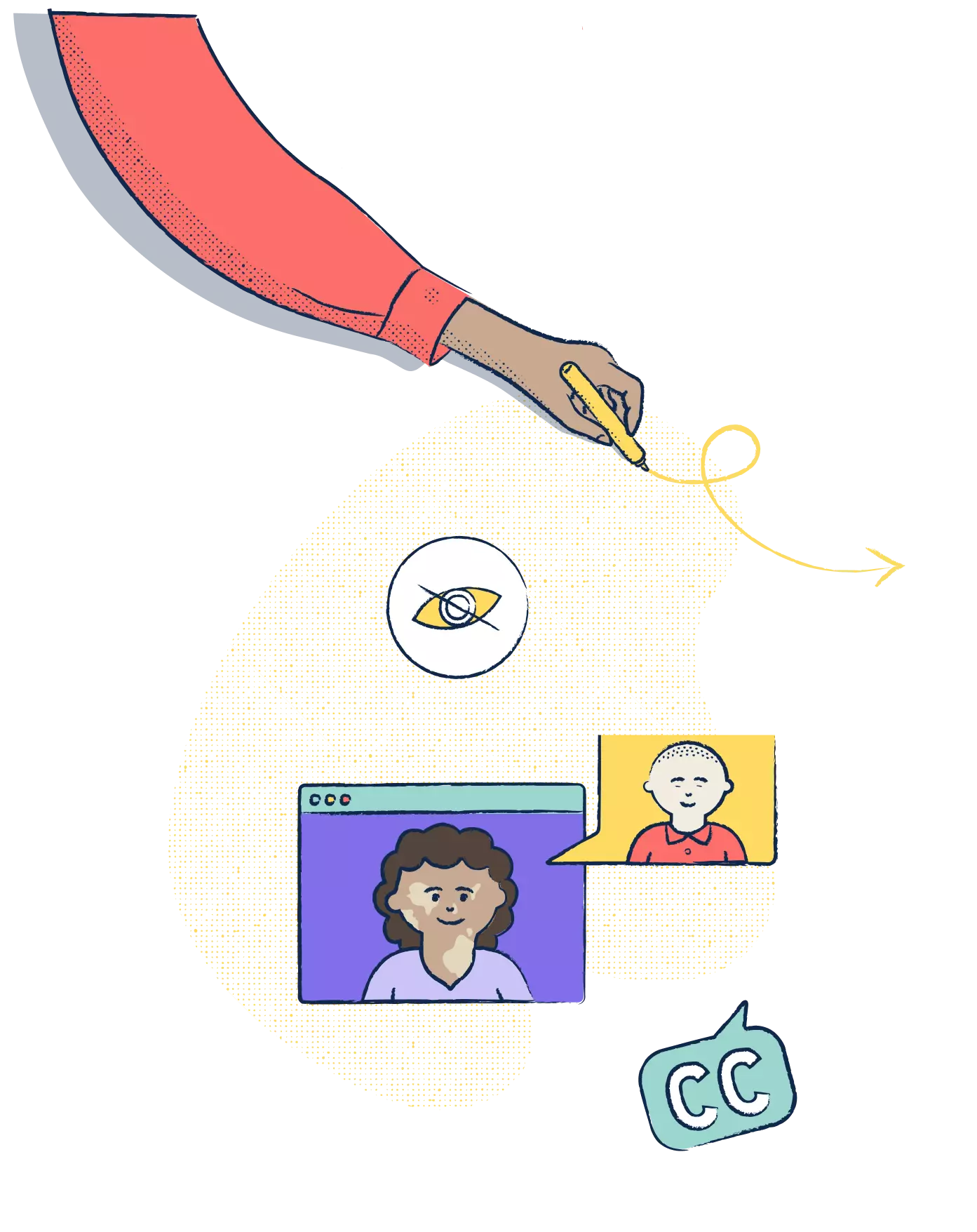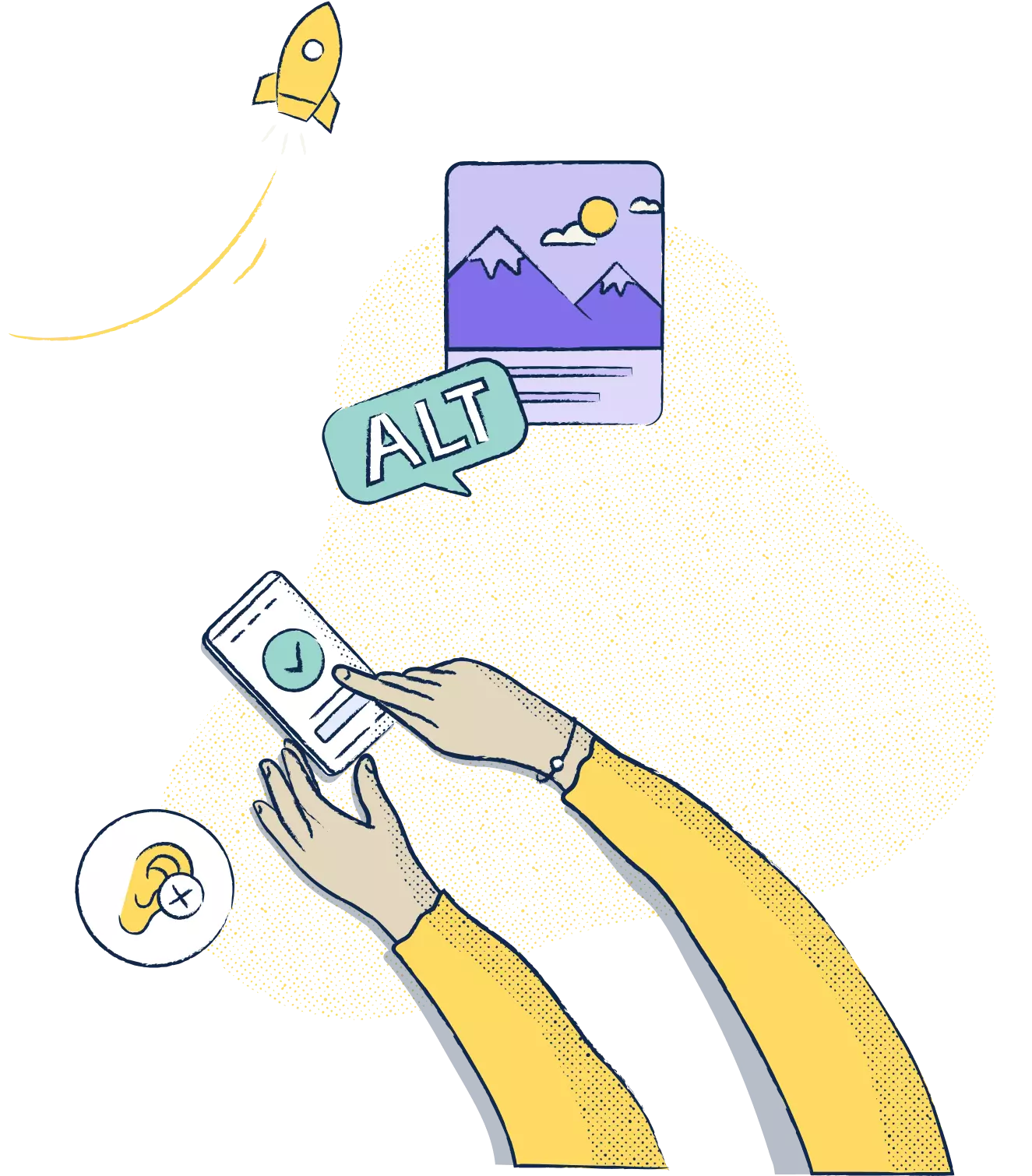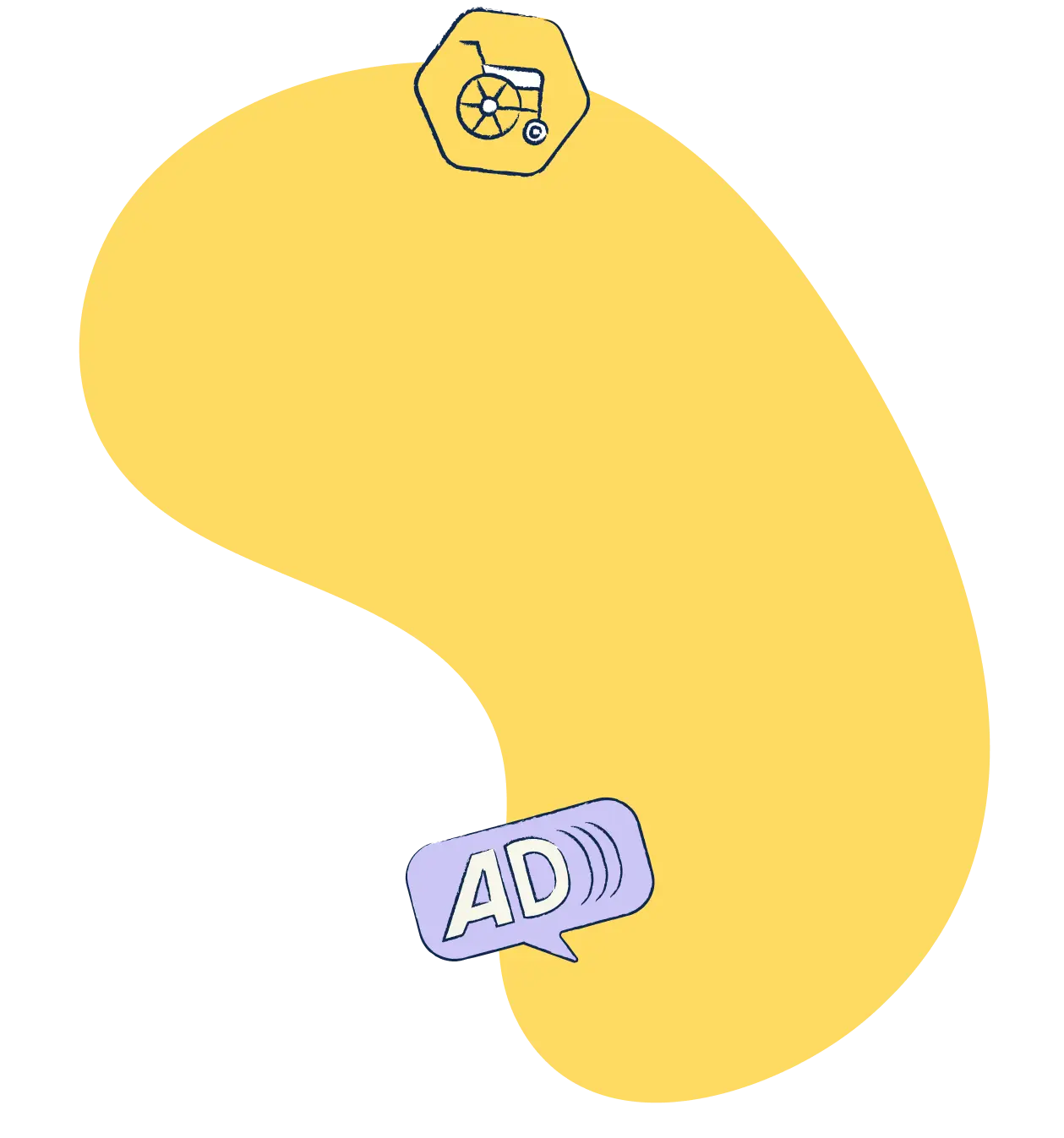Perfectly imperfect
What’s Stark
Progress?
2022 saw big, perfectly imperfect progress in the world of accessibility. “Perfectly imperfect” because the work isn’t easy but necessary to make a more inclusive world for disabled people.
At Stark, we subscribe to the philosophy that progress must happen now—not tomorrow. We pursue progress over perfection, knowing that the better future we seek isn’t a destination but always in progress.
We’re highlighting our favorite perfectly imperfect accessibility breakthroughs in politics, technology, gaming, and entertainment from this year.
From the European Union Accessibility Act to how people with disabilities are shaping the future of work, the breakthroughs on this list aren’t perfect by any means. But they’re making Stark Progress now.
Explore the chapters
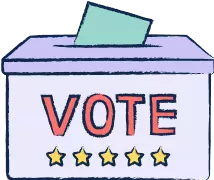
Politics
The European Accessibility Act—A milestone for digital accessibility
The European Accessibility Act (EAA) sets standards that products and services—from websites and mobile apps to ATMs and TV equipment—must meet to be accessible and comply with WCAG 2.1 AA requirements.
The directive also declares that private businesses aren’t exempt from accessibility compliance.
Why is this stark progress?
The main goal is to get people talking about how a bill like this could work in the US, so we can reach the level of legislation that exists in the EU.
Share
Tammy Duckworth wants legislation that picks up where the ADA left off
US Senator Tammy Duckworth (D-IL) and US Representative John Sarbanes (D-MD-03) introduced the Websites and Software Accessibility Act on September 29, 2022. If passed, entities covered by the Americans with Disabilities Act (ADA) will be required by law to maintain accessible websites and software.


“Throughout the Covid-19 pandemic, and well before, so many Americans relied on the internet to work from home, order home goods, and connect with loved ones—and yet, too many websites and apps remain nearly impossible to use by Americans with disabilities, barring them from these experiences and opportunities.”
Senator Tammy Duckworth (D-IL), Illinois Senator
Stark Community Spotlight
Ben Myers breaks down what’s in the bill
Ben Myers is a web developer committed to accessibility and “intentional inclusiveness.” Their summary of Senator Duckworth’s and Representative Sarbanes’s bill is worth a read.

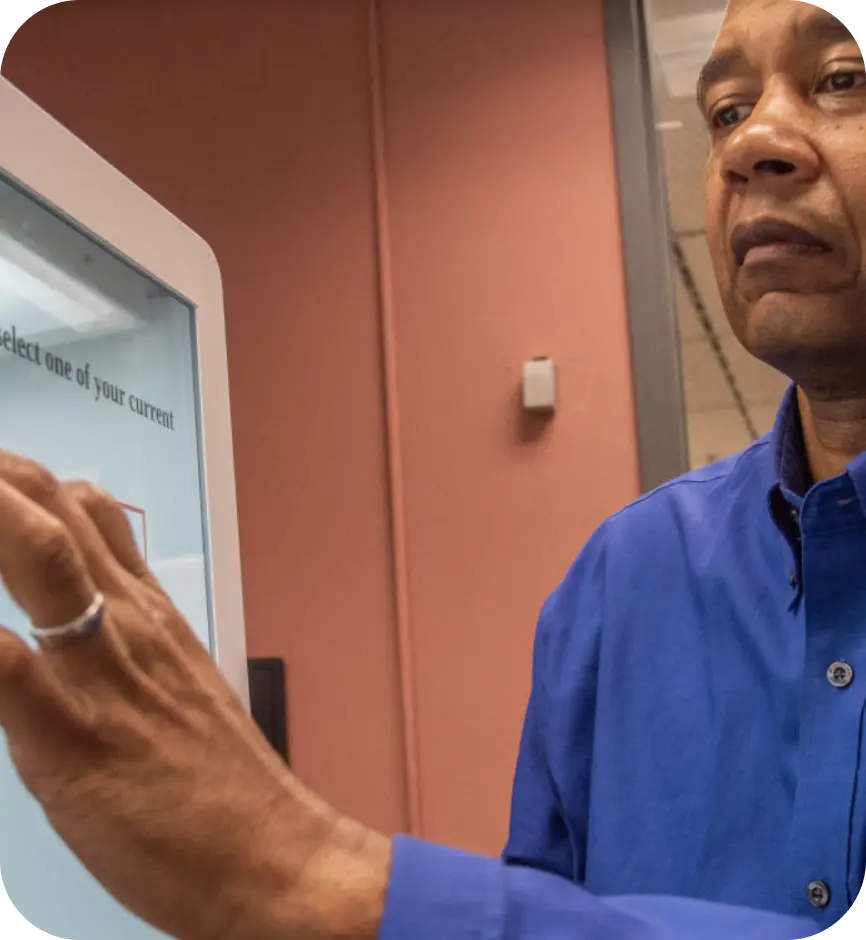
Voting in America
After 19 years, Juan Gilbert, a computer science professor at the University of Florida, is confident he’s built an accessible and unhackable touchscreen voting machine.
While the future of the voting machine isn’t clear, it is an innovative step that meets federal requirements for polling sites to have at least one voting machine that’s accessible to voters with disabilities.

John Fetterman wins his US Senate seat in Pennsylvania
Despite ableist criticism for using a closed-captioning device and slurring his speech during a Senate debate against Dr. Mehmet Oz, John Fetterman won his Pennsylvania Senate seat.
Fetterman secured a victory with 51% of the vote in the election on November 6.
Why is this Stark Progress? Having people with disabilities in leadership positions can pave the way for more inclusive legislation, but we also hope this changes how people with disabilities are presented in the media.
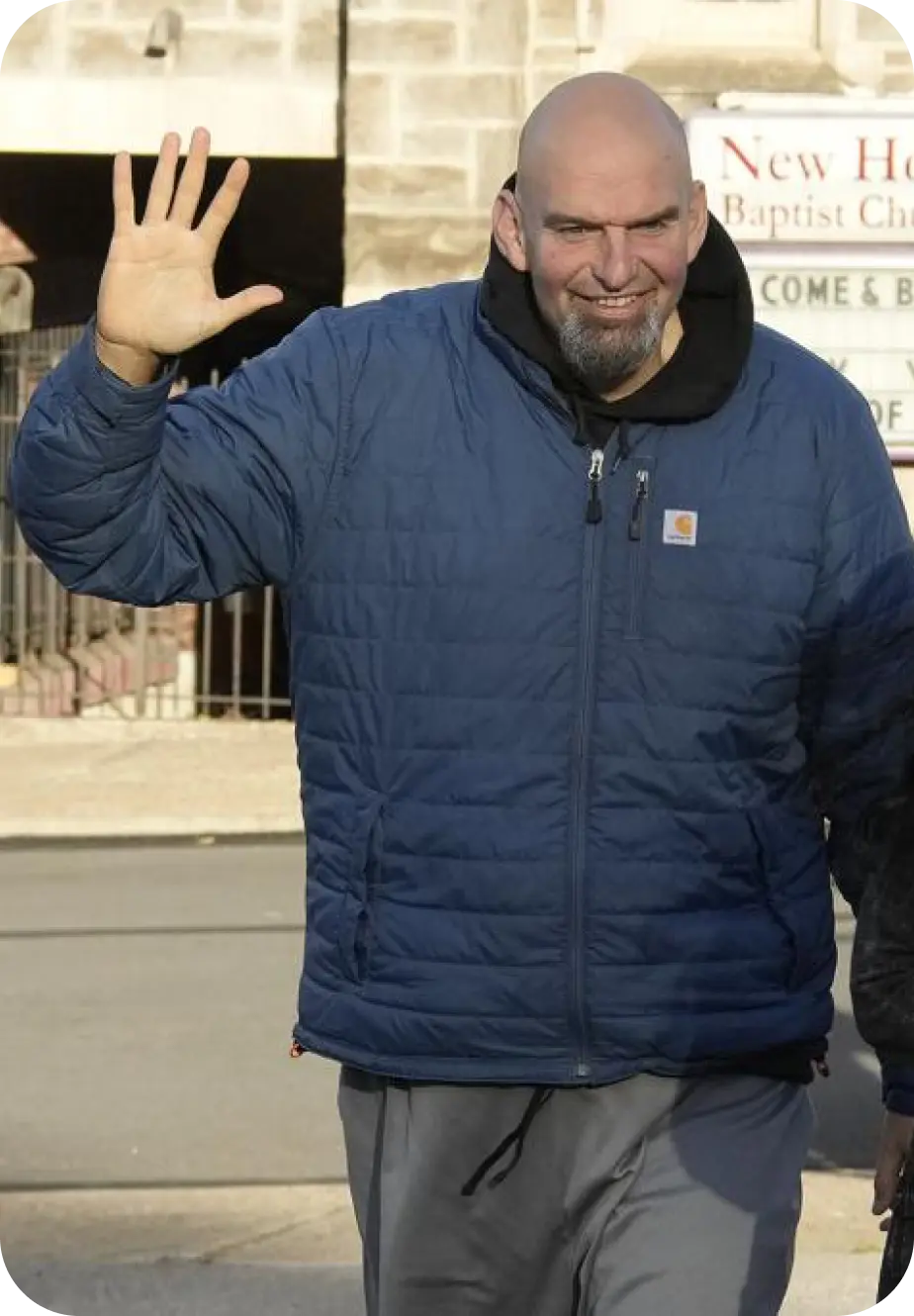
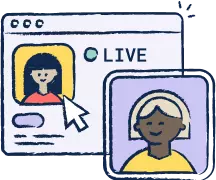
Workplace

Trends we love:
The rise in remote work
Workers with disabilities shaping the workplace
An increase in people sharing insights about accessibility and inclusion on LinkedIn
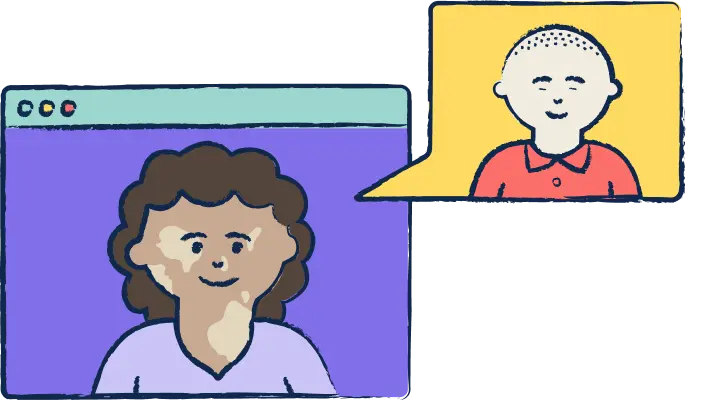
900,000 people with disabilities joined the US workforce
Whether or not long COVID is behind the surge in Americans with disabilities entering the workforce since 2020, this research from the Federal Reserve Bank of New York is a big deal. Workers with long COVID are keeping their jobs, and employers are doing what they can to make a more accessible workplace.
Adding more accessibility experts and programs
LinkedIn’s data shows that job postings with “accessibility” in the title have increased by 171% since 2019. And according to the 2022 State of Digital Accessibility report, more organizations seem interested in establishing accessibility programs.
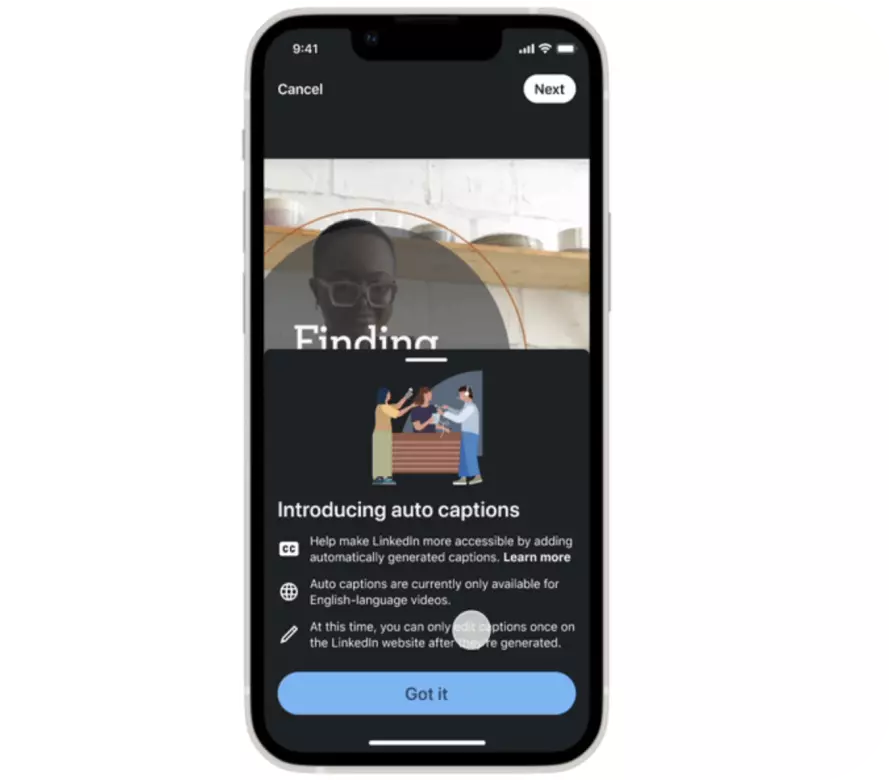

Superhero
A day in the life of Jenny Lay-Flurrie, Microsoft’s Chief Accessibility Officer
Jenny Lay-Flurrie talks to the Wall Street Journal about Microsoft’s approach to making its accessibility division a central part of the company.

Kat Holmes becomes Chief Design Officer and EVP at Salesforce
We were excited to hear that Kat Holmes, author of Mismatch: How Inclusion Shapes Design, is Salesforce’s new Chief Design Officer and EVP.

Cat’s 4 reasons why hiring disabled
workers is good for business


Innovation
“People with disabilities are some of the world’s greatest innovators, yet so many products are created without them in mind.”

Enhanced processes
“Your remote process, in general, will be incredibly enhanced if you work together with people with disabilities to gain a broader understanding of accessibility features.”

Expanded health benefits
“A great way to start invoking company-wide change is to invest in hiring efforts to expand people’s health benefits to cover care for mental health.”

Rebuild for inclusion
“If you need to revisit your product(s), break it open and rebuild to ensure nobody is excluded. Remember, you can’t cater for what and who you don’t see.”
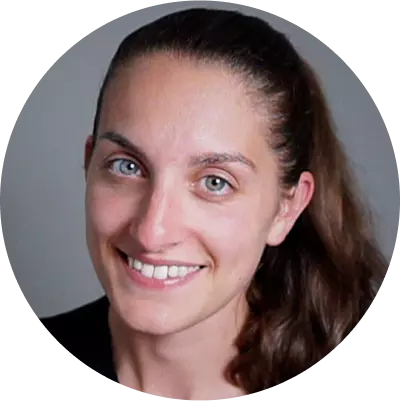
“Standardizing accessibility within companies is key to improving usability for people with disabilities in all sectors, not just software.”
Cat Noone, CEO of Stark

Technology
Big Tech’s commitment to shaping the future of accessible tech
Microsoft announced they’ll be working with other tech leaders to support the University of Illinois Urbana-Champaign’s (UIUC) Speech Accessibility Project, which aims to address the lack of data around speech technologies.
Why is this Stark Progress? UIUC will collect the data samples needed to help speed up the advancements we need to see in speech technologies.
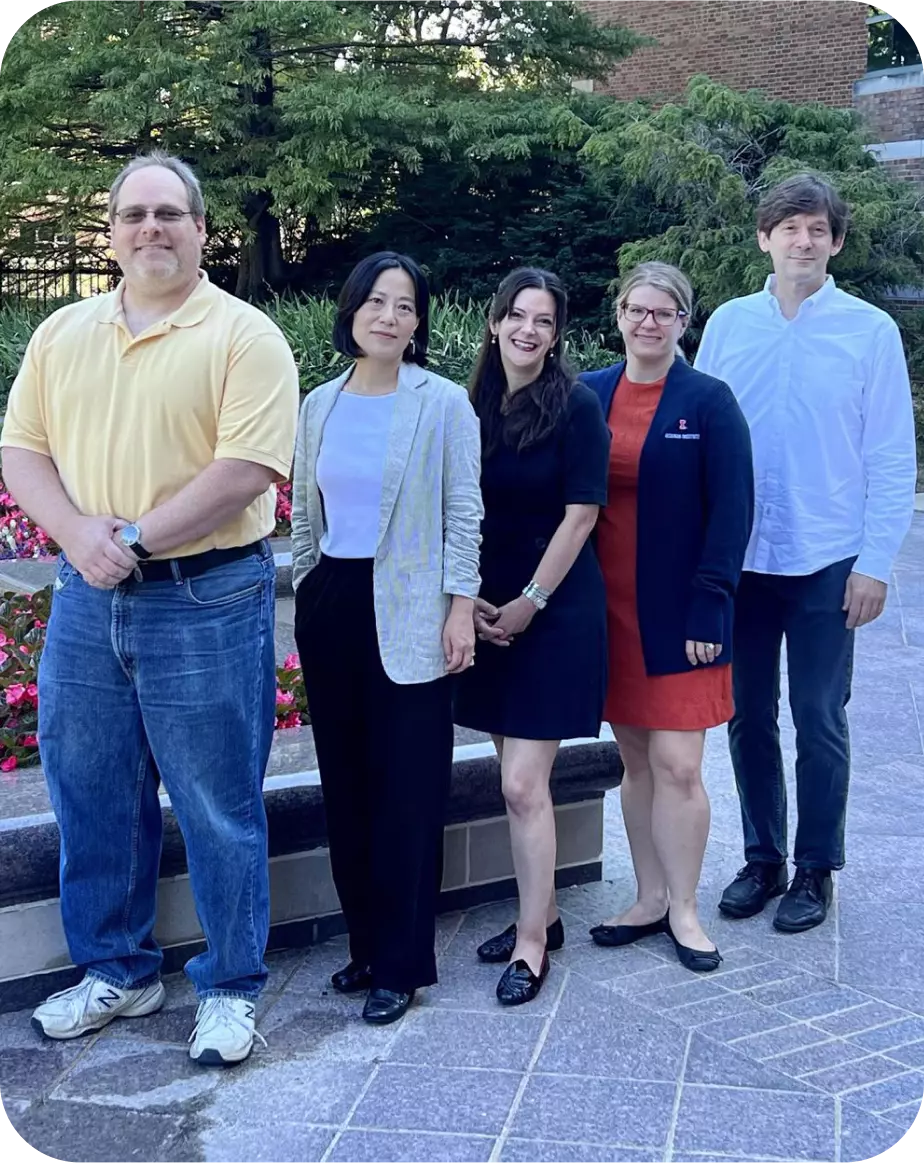
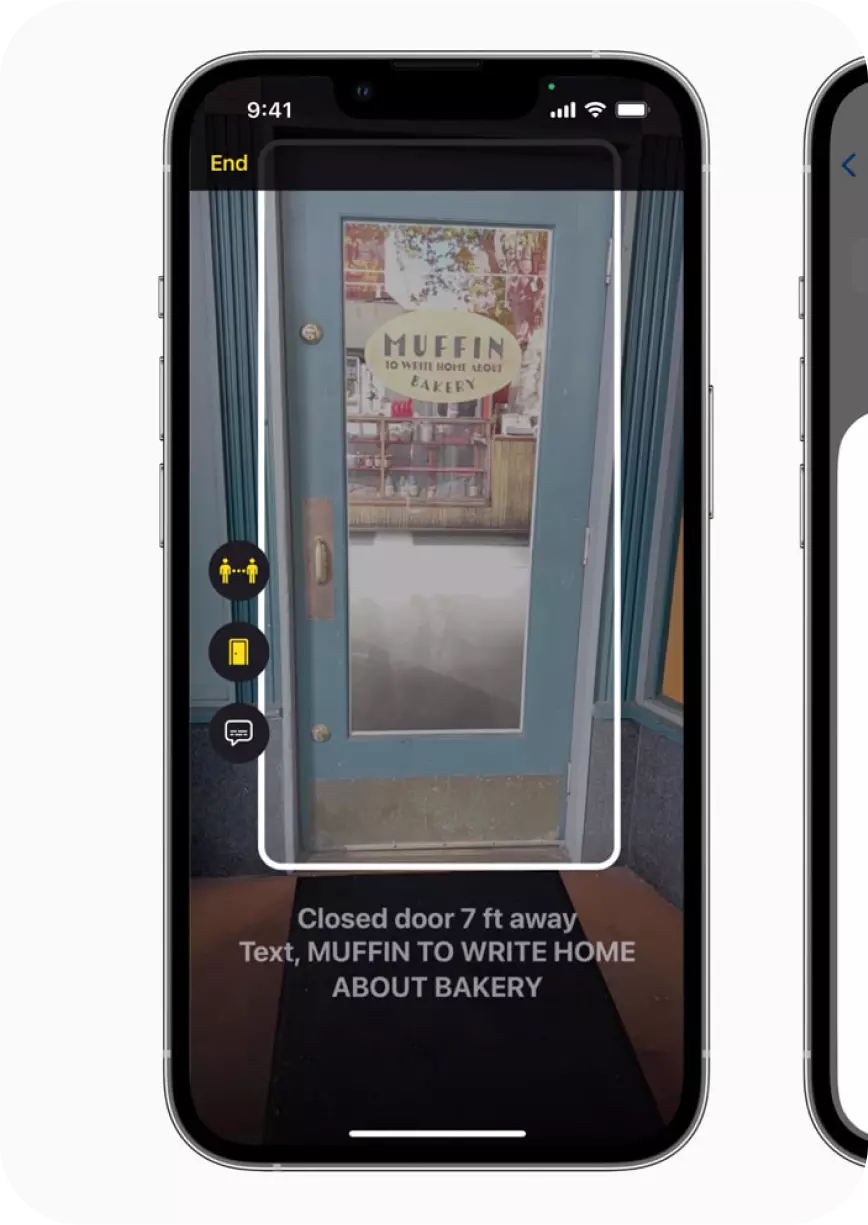
Apple continues to refine its accessibility features at an OS level
We’re most excited about Door Detection for people who are blind or low vision and Apple Watch Mirroring that lets users with physical and motor disabilities control the watch with their iPhone.
Why is this Stark Progress? Apple continues to set the bar for technology that helps people with disabilities navigate everyday tasks.
Community
Stark community member Soren Hamby talks inclusive design
As the Senior Manager of UX and Digital Design at Benjamin Moore, Soren uses their lived experience as a lens for building innovative and inclusive products. They talked with us about how their identity has shaped their journey in product design.


Gaming

Why is this Stark progress?
We all have biases. Santa Monica Studios wants to avoid turning its biases into barriers for people with disabilities.
Share
Accessibility is central to God of War’s game design
We were excited to read that Santa Monica Studio prioritized accessibility when designing God of War Ragnarök, the latest addition to the franchise. The team behind the sequel worked closely with players with disabilities to identify barriers and develop features that would make playing the game accessible to everyone.

An award-winning video game made accessible with Stark
Arman Nobari founded Good Trouble Studio after developing and launching his first video game Harlow. It’s a positive, optimistic, and beautiful game about a clumsy, bouncy robot planning a surprise party for humans stranded on an ancient planet.
A Gold Winner at the 2022 NYX Game Awards, Harlow is also completely accessible and built with the help of Stark. We can’t wait to see what Good Trouble does next!



Space

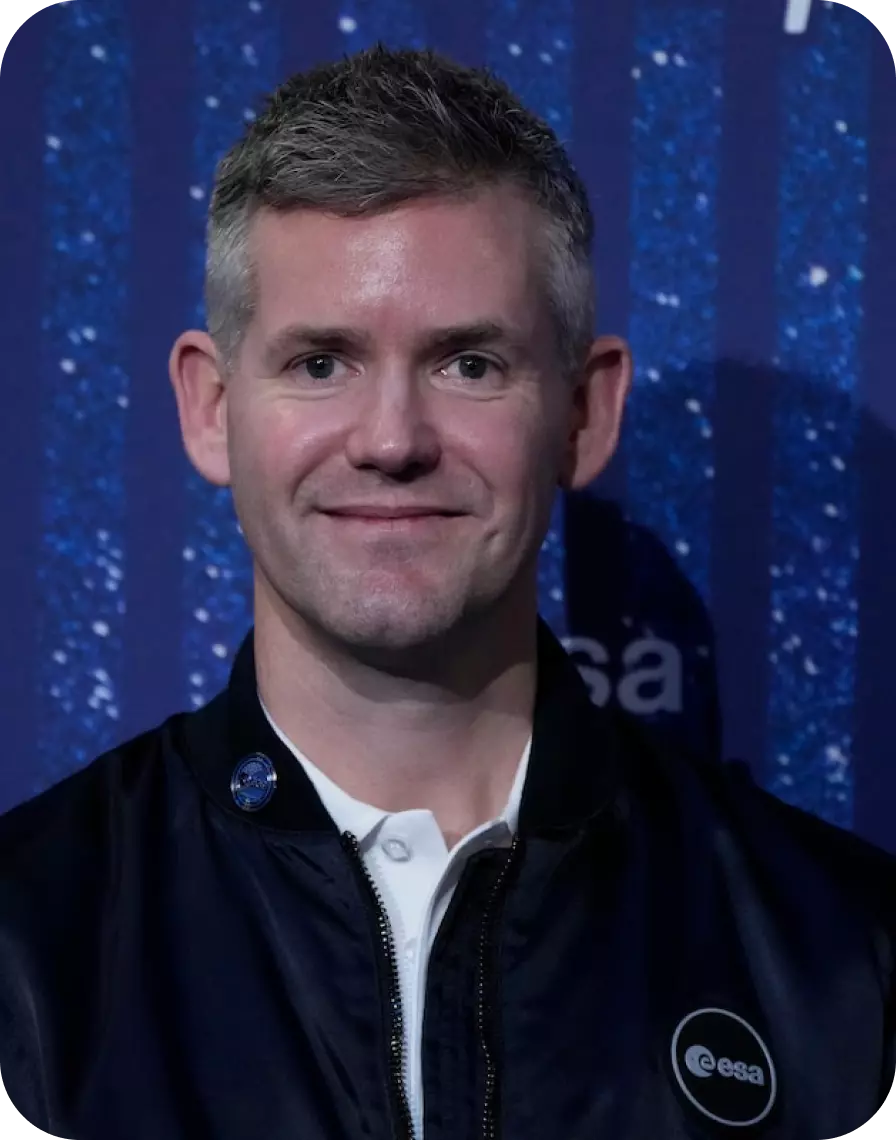
John McFall is the world’s 1st astronaut with a disability
The European Space Agency (ESA) has selected John McFall, a former British Paralympic sprinter and now a doctor, to join their 2022 astronaut class. McFall is 1 of 17 candidates chosen from 22,500 applicants to participate in a year of basic training.
Why is this Stark Progress? The ESA is considering whether someone with a disability can safely travel to space.
“Science is for everyone, and space travel, hopefully, can be for everyone.”
John McFall, Astronaut

Entertainment

“Squelchy tentacles” on Stranger Things
If you watched the most recent series of Stranger Things on Netflix with the captions turned on, you probably noticed some interesting descriptions of the show’s sound effects.
Stark Product Designer Tregg Frank shares how the richness of these captions helps people who are hard of hearing or deaf get the full experience of those sound effects.

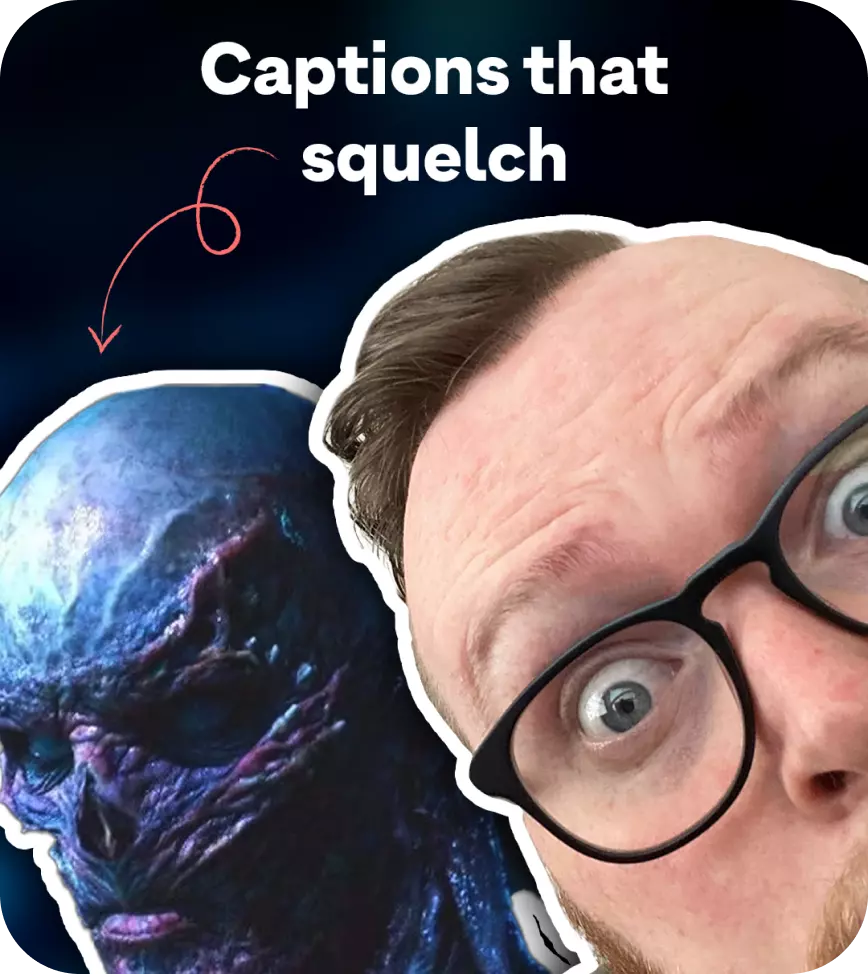



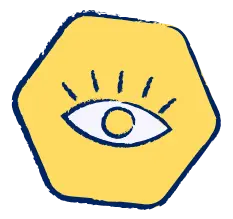
The breakthroughs on this 2022 list have the potential to change the world. They’re not perfect, but they’re meaningful. That’s how we make Stark Progress.

Drum roll please
The 2022 Stark Award goes to...
Harlow
by Good Trouble Games
Good contrast, good vibes
Harlow is a 2D platform video game developed by Stark community member Arman Nobari. His development process included using the Contrast Checker in Stark’s plugin for Figma to check text and UI contrast.




Beautiful visuals, beautiful message
The way Arman plays with color and light in Harlow is inspiring to any designer. What’s more inspiring is the game’s message about staying hopeful in dark times, because there’s always a reason to party.
Accessible settings so everyone can play
In Harlow’s settings, players can choose to decrease the speed when they aim at targets in the game. This means that more people, regardless of ability, can enjoy playing.

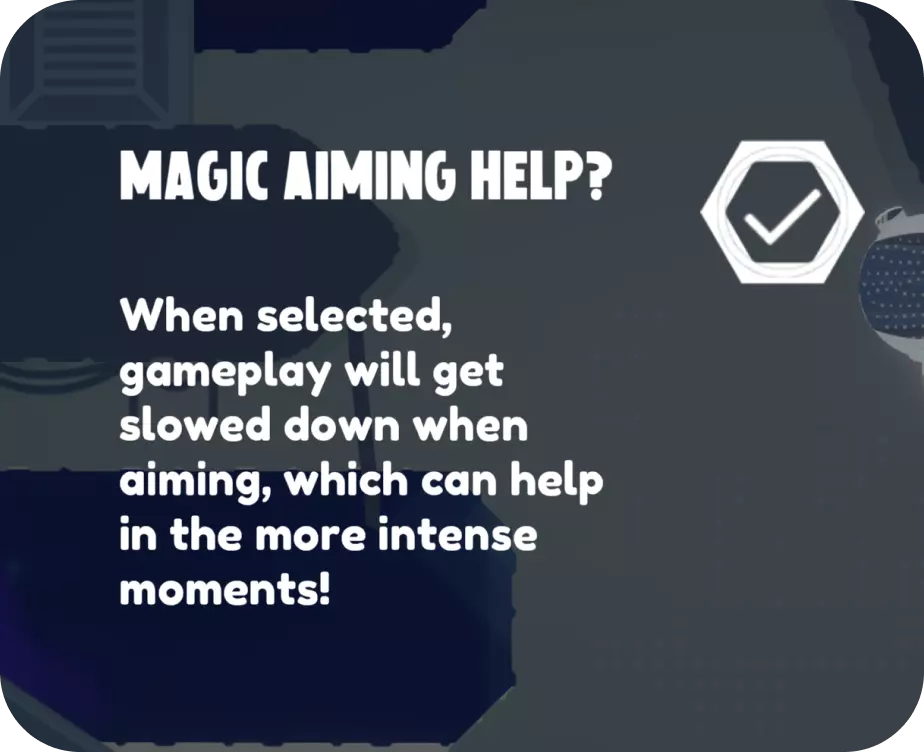

“Playing games is what got me through every terrible life experience, so I have to build a company around accessible games.”
Arman Nobari,
Founder of Good Trouble Games
